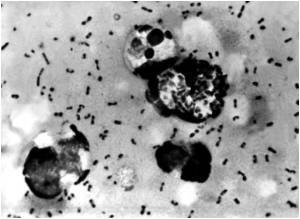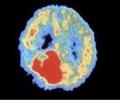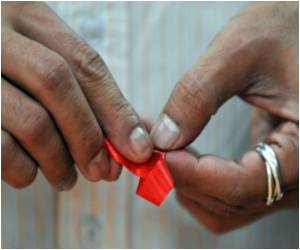A new study has enabled an understanding of the manner by which our immune systems detect invading organisms , in order to attack and remove them from our bodies.

"Our study helps us to understand exactly how the immune system is activated when it comes across infection from bacteria or viruses," said Melanie J. Scott of the University of Pittsburgh.
"The more information we have about how this process works, the more likely we are to be able to help our immune systems fight off attacks from infections," said Scott.
To make this discovery, scientists examined the production of a specific part of the complement system (called "factor B") in macrophages, an immune cell that both attacks foreign invaders and marks them for death by other types of immune cells.
The researchers wanted to know if a molecule found on the outside of bacteria (lipopolysaccharide) or a synthetic version of a molecule found in some viruses (polyI:C) would stimulate factor B production by macrophages.
Results showed that lipopolysaccharide used a specific receptor on the outside of cells (TLR4) to produce factor B. polyI:C also stimulated factor B production in macrophages, not through its specific cell surface receptor (TLR3) but through another receptor that is located within cells.
The study was published in the Journal of Leukocyte Biology.
 MEDINDIA
MEDINDIA




 Email
Email






